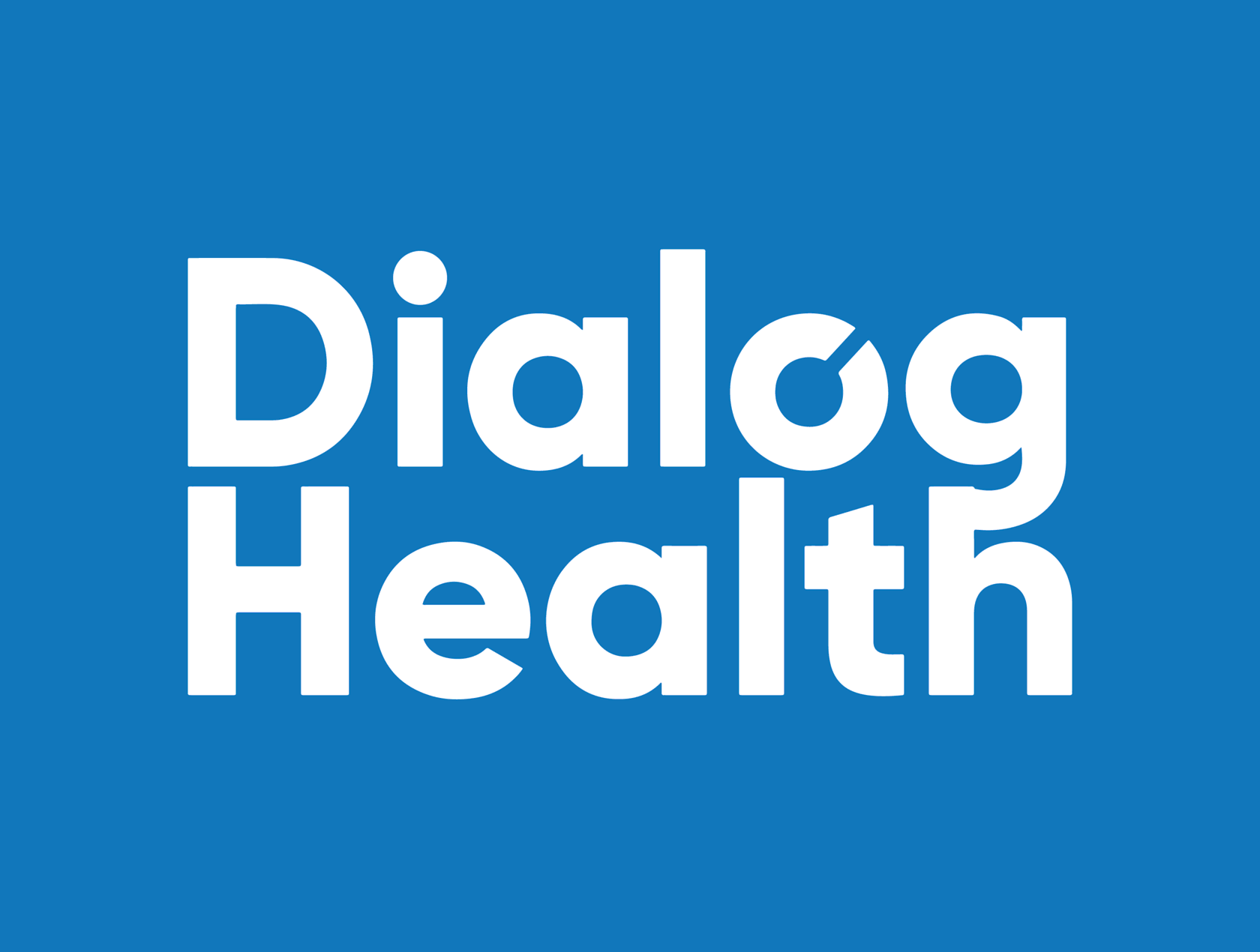- Canada
- Age Care
- 15 delegates
- October 2019
From 15th to 18th October 2019, a delegation of fifteen FEHAP members travelled to Montreal (Canada) to discover Quebec's best practices for the elderly.
This extraordinary training experience led them to discover the different actors in the Quebec continuum of care, from home to collective housing.
Since 2015, Quebec public health care has been grouped into 22 CI(U)SSS (Integrated Centers of Health and Social Services). These Centers include the entire continuum of care, from outreach clinics to hospitals, rehabilitation services, seniors' housing and home care. The creation of these superstructures aims to improve elderly people's care trajectories by facilitating the coordination of health actors. These public Centers contract with private actors to meet the needs of older people in their area.
To understand the age care policies in Quebec, the FEHAP Seniors Directors met with different actors of the care continuum.
The association Baluchon Alzheimer intervenes at home, to relay the caregivers of people with dementia. The participants were won over by this model, which is difficult to implement in France as these home care professionals can working for more than a week, day and night.
The connected apartment of the University Institute of Geriatrics of Montreal (IUGM) presents accessible technological solutions to support home care for dependent seniors. Delegates had a complete overview of the range of accommodation available in Quebec, from the exceptional Carpe Diem residence, a house offering "home-like" comfort to its Alzheimer residents, to the Saint Georges nursing home.
The residence of Le Groupe Maurice impressed by its entanglement in the urban network, with a direct access to shops and restaurants open to all on the ground floor. Finally, Marie-Clarac Hospital and its humanistic approach to palliative care finalized the program.
This intensive week of visits allowed the delegates to discover approaches often cited as an example in France, and to exchange on the practices discovered by putting them into perspective with the French context. A unique exercise for these passionate leaders!
Since 2015, Quebec public health care has been grouped into 22 CI(U)SSS (Integrated Centers of Health and Social Services). These Centers include the entire continuum of care, from outreach clinics to hospitals, rehabilitation services, seniors' housing and home care. The creation of these superstructures aims to improve elderly people's care trajectories by facilitating the coordination of health actors. These public Centers contract with private actors to meet the needs of older people in their area.
To understand the age care policies in Quebec, the FEHAP Seniors Directors met with different actors of the care continuum.
The association Baluchon Alzheimer intervenes at home, to relay the caregivers of people with dementia. The participants were won over by this model, which is difficult to implement in France as these home care professionals can working for more than a week, day and night.
The connected apartment of the University Institute of Geriatrics of Montreal (IUGM) presents accessible technological solutions to support home care for dependent seniors. Delegates had a complete overview of the range of accommodation available in Quebec, from the exceptional Carpe Diem residence, a house offering "home-like" comfort to its Alzheimer residents, to the Saint Georges nursing home.
The residence of Le Groupe Maurice impressed by its entanglement in the urban network, with a direct access to shops and restaurants open to all on the ground floor. Finally, Marie-Clarac Hospital and its humanistic approach to palliative care finalized the program.
This intensive week of visits allowed the delegates to discover approaches often cited as an example in France, and to exchange on the practices discovered by putting them into perspective with the French context. A unique exercise for these passionate leaders!
Subscribe to our newsletter
Once a month you will learn about our latest tours.
By clicking the button you agree to our Privacy Policy
Photos
Previous study missions


